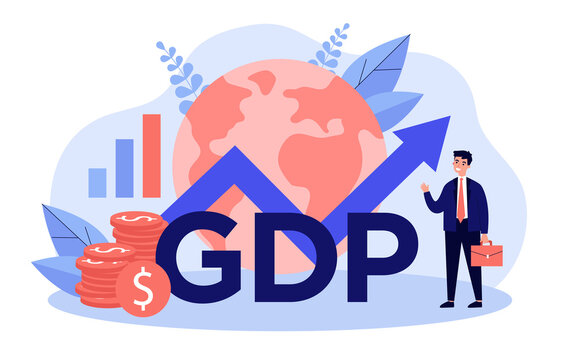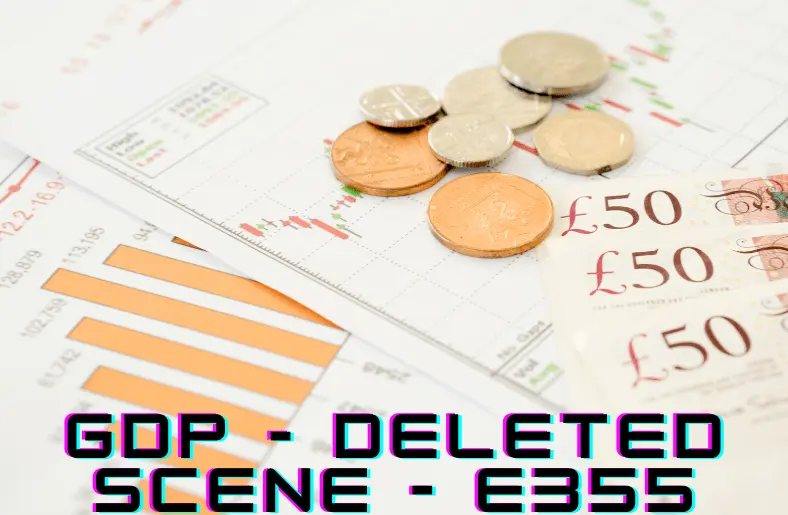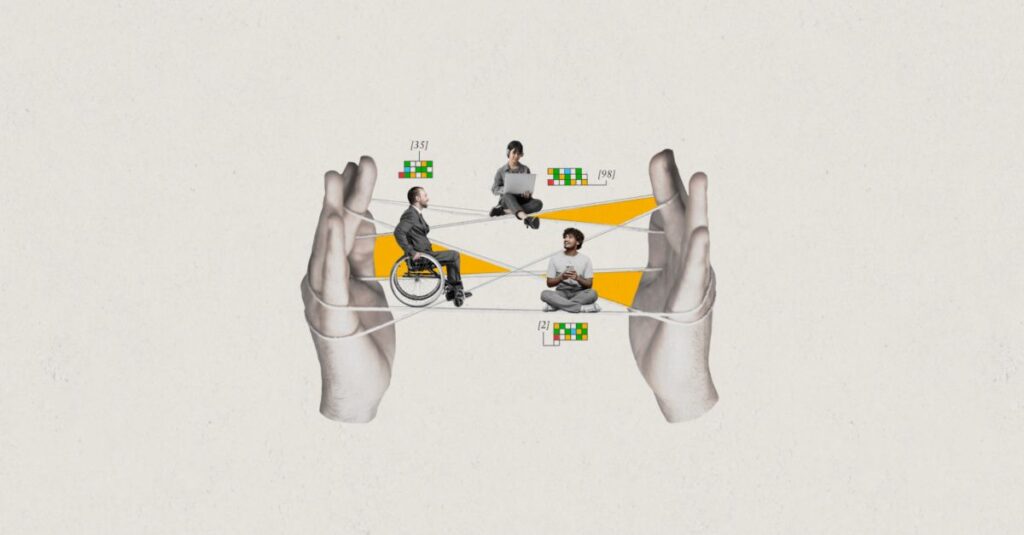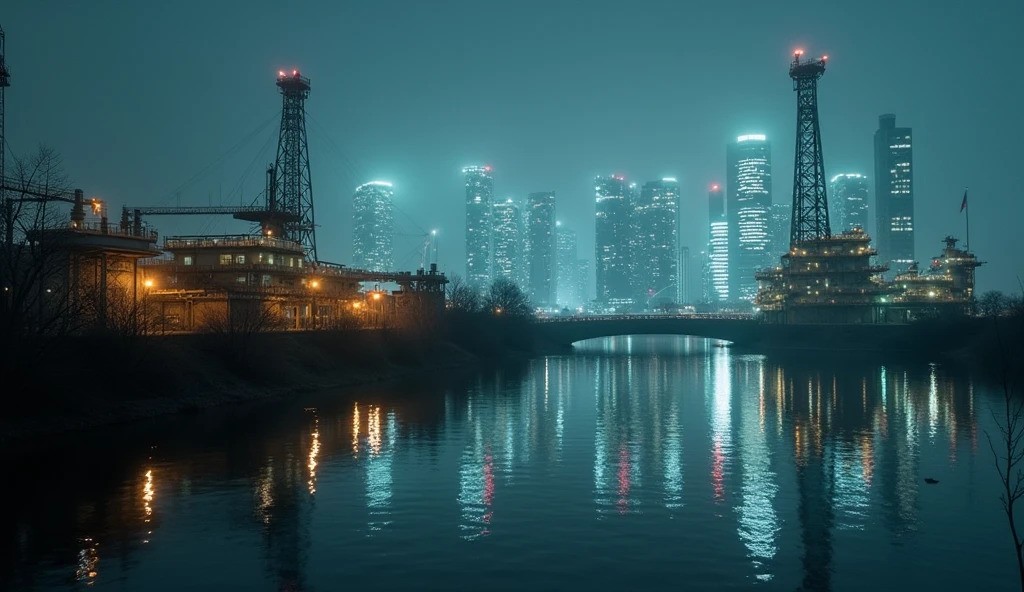GDP – Deleted Scene – E355 – A Deep Dive into Economic Concepts and Pop Culture Influence!
The term “GDP – Deleted Scene – E355” may seem like an obscure phrase at first glance. However, it ties together two seemingly unrelated worlds: economics and pop culture. Gross Domestic Product (GDP) is a familiar term to most, representing the total value of goods and services produced by a country over a specific period. On the other hand, “deleted scenes” often refer to additional content in movies, usually cut from the final version but later revealed to provide context or insight into the story.
This article explores the intersection of economics and pop culture by examining how the phrase “GDP – Deleted Scene – E355” might serve as a metaphorical representation of deeper, often overlooked economic events and their impact on society. We’ll also discuss the broader implications of GDP on various industries, especially entertainment, and how seemingly trivial concepts, such as a deleted movie scene, can influence economic decisions.
Understanding GDP: The Backbone of Economic Analysis

What Is GDP?
Gross Domestic Product (GDP) is one of the most commonly used measures of a country’s economic performance. It represents the monetary value of all finished goods and services produced within a country during a specific time period, typically calculated on an annual or quarterly basis.
GDP can be categorized into three types:
- Nominal GDP: The raw economic output without adjusting for inflation.
- Real GDP: Adjusted for inflation to reflect the true value of goods and services.
- GDP per capita: The GDP divided by the population, offering a per-person perspective on economic performance.
How Is GDP Measured?
The most common ways to measure GDP include:
- Production Approach: Summing up the total output of goods and services.
- Income Approach: Adding together all incomes earned in the economy, including wages, profits, and taxes.
- Expenditure Approach: Summing up all spending by households, businesses, and the government.
GDP is a critical metric because it provides insights into the health of an economy, helping policymakers, investors, and businesses make informed decisions.
Also Read: Chikenaid – Revolutionizing Your Kitchen Experience!
The Concept of Deleted Scenes in Pop Culture:
What Are Deleted Scenes?
In the film industry, deleted scenes are portions of footage that are filmed but ultimately cut from the final movie or TV show. These scenes may be removed due to time constraints, pacing issues, or shifts in narrative focus. However, they often contain valuable content that can add depth to characters or plotlines.
The term “deleted scene” has also been adopted in broader pop culture contexts to describe overlooked or forgotten moments in various narratives—whether in entertainment, history, or even economics.
How Deleted Scenes Impact Viewer Perception?
Deleted scenes, when released in director’s cuts or special editions, can offer fans a new perspective on the story. These scenes can alter the interpretation of the plot or characters, providing new layers of meaning. Similarly, in economics, overlooked or hidden data points (the “deleted scenes” of economic analysis) can offer fresh insights into market behavior, consumer trends, and the state of the economy.
Connecting GDP to Pop Culture: The Symbolism of “Deleted Scene – E355”

GDP as the “Main Feature” and Economic “Deleted Scenes”
In economic analysis, GDP is often seen as the headline indicator, much like the main feature of a movie. However, just like a film’s deleted scenes, there are many underlying factors that may not be immediately obvious but have significant implications for the economy. These “deleted scenes” could be smaller, seemingly insignificant data points or events that, when examined more closely, reveal important trends or shifts in economic activity.
Exploring the E355 Symbolism
“E355” could symbolically represent a specific instance or variable within the larger narrative of GDP. In the context of this article, it could signify a unique event, such as a recession, technological disruption, or a change in trade policies, that was largely overlooked or undervalued but had lasting economic effects. Just as deleted scenes can shift the interpretation of a film, E355-type events can reshape the way we understand and analyze GDP.
Also Read: Mary Joan Martelly Children – A Comprehensive Profile!
The Impact of Economic “Deleted Scenes” on Society and Industry:
Hidden Economic Factors That Affect GDP
Economic growth is driven by countless factors, some of which are not immediately reflected in GDP data. For example:
- Underground Economies: Informal sectors and black markets contribute to economic activity but are often excluded from official GDP calculations.
- Unpaid Labor: Volunteer work, household chores, and caregiving are valuable but not typically captured in GDP.
- Technological Advances: Technological disruptions, such as automation or artificial intelligence, can significantly impact productivity and employment but may not be fully reflected in short-term GDP measurements.
How Pop Culture Reflects Economic Realities?

Pop culture often mirrors economic conditions, intentionally or unintentionally. For instance, movies and TV shows produced during periods of economic hardship may reflect the anxieties and struggles of the time, while those created during times of prosperity may focus on themes of abundance and luxury.
By examining the “deleted scenes” of the economy—those underexplored or underreported aspects—we can gain a deeper understanding of societal trends and their relationship to economic growth.
Case Studies: Economic Deleted Scenes in History
The 2008 Financial Crisis
The 2008 financial crisis is a prime example of an economic deleted scene. Leading up to the collapse, many smaller indicators—such as the housing bubble, subprime mortgage lending, and risky financial products—were overlooked by mainstream analysts. These economic “deleted scenes” eventually converged to trigger a global recession that reshaped the financial landscape for years to come.
The Rise of the Gig Economy
The gig economy, characterized by freelance and contract work, has grown rapidly over the past decade. However, much of this economic activity remains underreported in traditional GDP metrics. Gig workers contribute significantly to sectors like transportation, delivery, and creative industries, yet their impact often goes unnoticed in conventional economic reports.
FAQ’s:
1. What is GDP?
GDP, or Gross Domestic Product, is the total value of goods and services produced in a country during a specific period. It measures the economic performance of a nation.
2. Why is GDP important?
GDP provides a snapshot of a country’s economic health, helping policymakers, businesses, and investors understand the economy’s size, growth, and overall performance.
3. What are deleted scenes in movies?
Deleted scenes are parts of a movie or TV show that were filmed but ultimately cut from the final version, often due to time constraints or narrative flow.
4. How do deleted scenes in movies relate to economics?
Deleted scenes can symbolize overlooked or hidden factors in economics—small data points or events that may not be reflected in GDP but significantly impact economic outcomes.
5. What are some examples of economic “deleted scenes”?
Examples include the underground economy, unpaid labor, and technological advances, all of which contribute to economic activity but may not be fully captured in GDP data.
6. How did the 2008 financial crisis represent an economic deleted scene?
Leading up to the crisis, smaller indicators like the housing bubble and risky financial products were largely overlooked, eventually causing a global recession.
Closing Remarks:
Just like a movie can be better understood through its deleted scenes, the economy can be better comprehended by looking beyond the headline numbers and examining the overlooked or hidden factors that contribute to economic performance. Understanding these “deleted scenes” allows for a more nuanced view of GDP, helping policymakers, investors, and individuals make more informed decisions.
Read More:














Post Comment